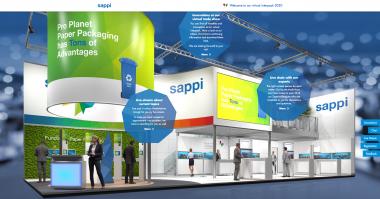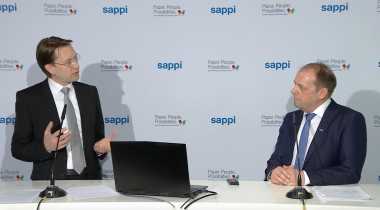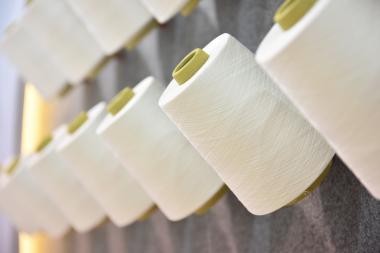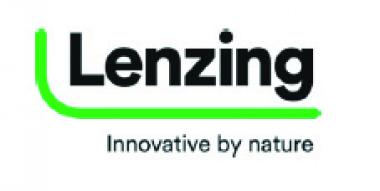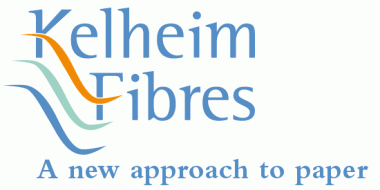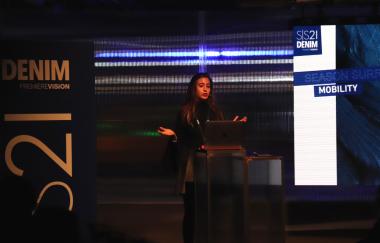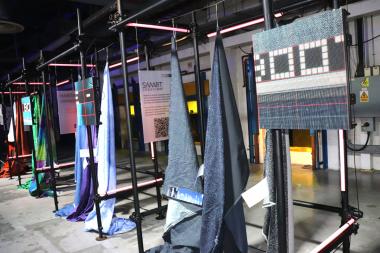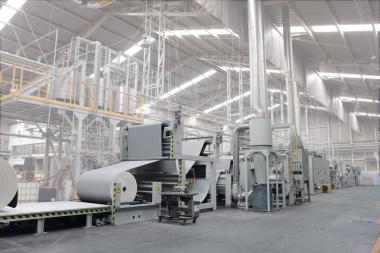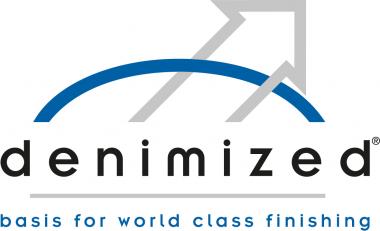ECOSENSOR™ by Asahi Kasei launches its new fabric collection imbued with the brand’s sustainable story-making
- ECOSENSOR™’s new references combine high-performance and innovation to empower people with the possibility to live life naturally both for mind and body.
- The new range is woven from certified ingredients, a completely traceable production process and highly certified suppliers
"A New Eco high-tech force of Nature", a bold claim, a daring attitude and true facts. ECOSENSOR™ by Asahi Kasei has concentrated all its key values into a Nature-driven and high-tech fabric collection that respects the environment and human being.
Sustainability, active climate control, exquisite touch and extreme performance co-habit the textiles: the collection is made of wovens and knits where the main technology is represented by GRS - Global Recycle Standard certified polyamide and polyesters, sometime combined with ROICA™ recycled stretch yarns and dyed and finished with Oekotex Standard 100 certified processes and/or by BlueSign® partners’ companies.
But there is much more than it meets the eye.
Behind the new collection is a great story of sustainability.
"Our international team strives to innovate with a human-based approach to research and develop solutions that meet high-performance standards as well as the transparency and traceability of both the ingredients and the supply chain", says Mr. Hashimoto, Senior Managing Director of Asahi Kasei Advance, the global materials innovator and manufacturer.
Indeed, the company has set the high bar all its suppliers and partners must match. Such criteria include: thoroughly transparency and traceability of both materials and production, corporate responsibility at all levels and a strategic commitment granted by influential certifications such as GRS - Global Recycle Standard for recycled ingredients and processes, as well as Bluesign® and OekoTex Standard 100 certifications, which focus on environmentally-friendly impact of the dyeing and finishing processes.
The human, environmentally-friendly and cutting-edge imprint of ECOSENSOR™ ultimate collection reflects a vision for a more responsible way of fabric manufacturing.
A new force of nature, because story telling truly must match the story making.
GB Network Marketing & Communication














